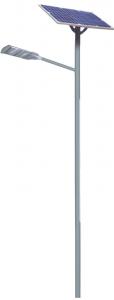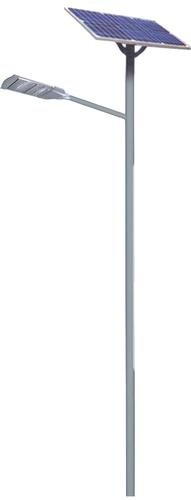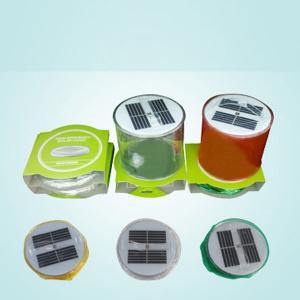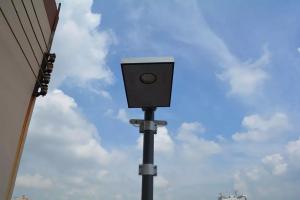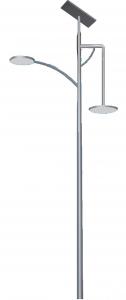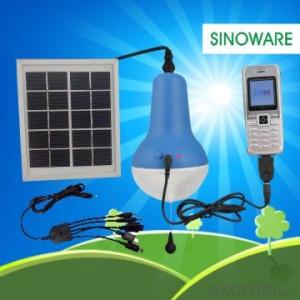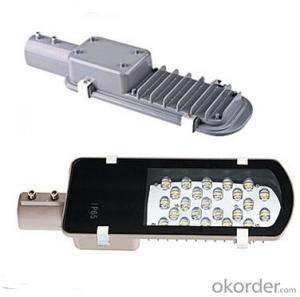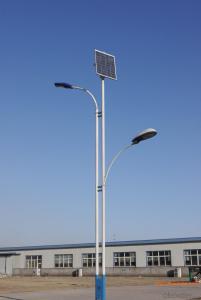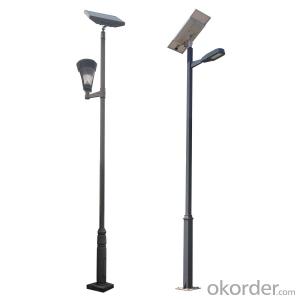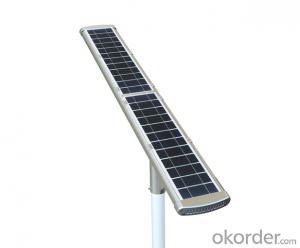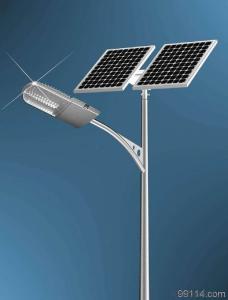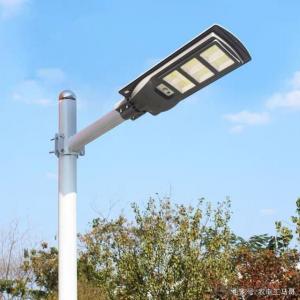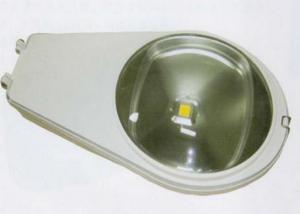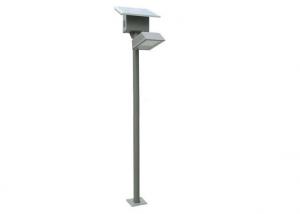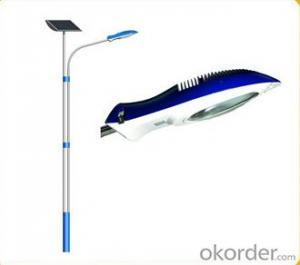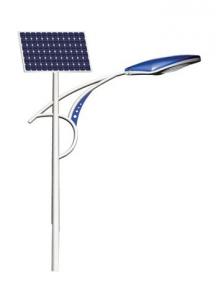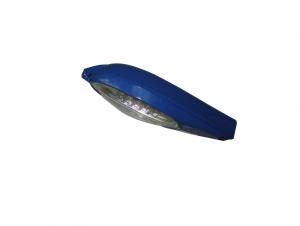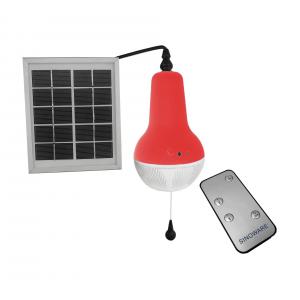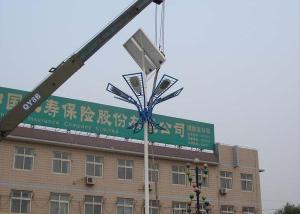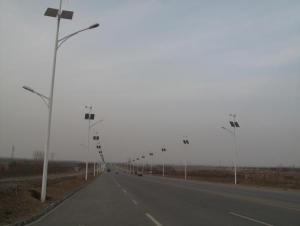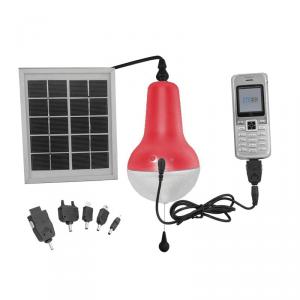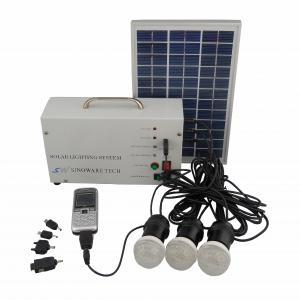70W Remote Control Solar Street Light
OKorder Service Pledge
Quality Product, Order Online Tracking, Timely Delivery
OKorder Financial Service
Credit Rating, Credit Services, Credit Purchasing
You Might Also Like
Mode:DZS-01
Light:70w
Working voltage :24V
material:Q235 steel
luminous flux:8400Lm
life span:more than 50000h
colar temperature:3300k-6500k
light body size:8m
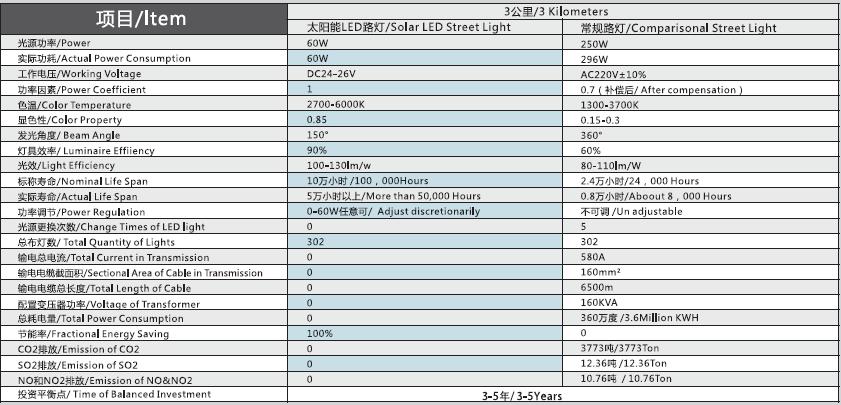
- Q: Can solar lights be used for outdoor fitness or exercise area lighting?
- Yes, solar lights can be used for outdoor fitness or exercise area lighting. Solar lights are designed to harness and store energy from the sun during the day, which can then be used to power the lights at night. They are a sustainable and cost-effective option for providing illumination in outdoor spaces, including fitness or exercise areas.
- Q: Are solar lights resistant to power surges or fluctuations?
- Solar lights are generally resistant to power surges or fluctuations. Since solar lights rely on sunlight to charge their batteries, they are not directly connected to the power grid and do not rely on the stability of the electrical current. Therefore, solar lights are not affected by power surges or fluctuations caused by issues in the power grid. However, it is important to note that some solar lights may have components such as LED bulbs or batteries that could be sensitive to power fluctuations. In such cases, manufacturers often include circuitry or protective measures to safeguard the components from any potential damage. It is always recommended to check the specifications or consult with the manufacturer to ensure the specific solar light model is designed to handle power surges or fluctuations.
- Q: How to determine the power of solar panels solar panels that the number of w
- the controller of the waterproof, the controller is generally installed in the lampshade, the battery box, the general will not water, but in the actual project case the controller terminal for the rain along the cable into the controller caused by short circuit. So the construction should pay attention to the internal cable bent into a "U" font and solid type, external connection "U" type, so that rain can not fall into the controller caused by short circuit, the other can also be inside and outside the interface coating The
- Q: Are solar lights compatible with timers and remote controls?
- Yes, solar lights are compatible with timers and remote controls. Many solar lights come with built-in timers or can be connected to external timers for automatic operation. Additionally, some solar lights can be controlled remotely using remote controls, allowing users to easily adjust settings or turn them on and off from a distance.
- Q: Are solar lights resistant to hail or falling debris?
- Yes, solar lights are generally designed to be resistant to hail or falling debris. They are built with durable materials and often have protective covers or shields to prevent damage from such incidents. However, the level of resistance may vary depending on the specific design and quality of the solar light.
- Q: Are solar lights suitable for areas with wildlife?
- Yes, solar lights are suitable for areas with wildlife. They are an environmentally friendly lighting option that does not emit harmful chemicals or pollutants, making them safe for wildlife. Additionally, solar lights do not require any wiring or electricity, reducing the risk of accidents or harm to animals.
- Q: Can solar lights be used for lighting up outdoor carports or garages?
- Yes, solar lights can definitely be used for lighting up outdoor carports or garages. Solar lights are a great option for outdoor lighting in general, as they rely on solar energy to operate, which means they don't require any electrical wiring or power outlets. This makes them ideal for areas like carports or garages where it may be difficult or inconvenient to install traditional wired lighting. Solar lights are designed to absorb sunlight during the day and convert it into energy, which is then stored in rechargeable batteries. This stored energy is used to power the lights during the night. Most solar lights have sensors that automatically turn them on at dusk and off at dawn, ensuring that your carport or garage is well-lit when needed. In addition to their convenience and ease of installation, solar lights also have the advantage of being energy-efficient and environmentally friendly. By using solar energy, they help reduce the consumption of electricity, which in turn lowers utility bills and reduces carbon emissions. When choosing solar lights for your carport or garage, it's important to consider factors such as the size of the area you want to illuminate, the desired brightness level, and the specific features you need. There are various types and designs of solar lights available, including motion-sensor lights, floodlights, spotlights, and string lights, so you can select the ones that best suit your requirements. Overall, solar lights are a practical and sustainable solution for lighting up outdoor carports or garages. They provide a cost-effective, reliable, and environmentally friendly source of light, enhancing both safety and convenience in these spaces.
- Q: How do solar lights handle electromagnetic interference from nearby structures?
- Solar lights have the ability to handle electromagnetic interference (EMI) from nearby structures to a certain extent, but the level of interference they can tolerate may vary depending on their specific design and quality. Various sources, including power lines, electrical equipment, and wireless communication devices, can generate EMI. These electromagnetic waves have the potential to affect the functionality and performance of solar lights. To minimize the impact of EMI, solar lights are typically equipped with shielding mechanisms and filters. These components work to reduce the electromagnetic radiation that could interfere with the light's internal circuitry. In addition, solar lights are often designed with strong circuitry that can withstand a certain level of interference. This involves using high-quality components and proper grounding techniques to minimize the effects of EMI. However, it is important to note that solar lights may not be completely immune to all types of electromagnetic interference. If nearby structures produce particularly strong or specific frequencies of EMI, the solar lights may experience some disruption or interference. To ensure optimal performance and minimize the impact of EMI, it is recommended to install solar lights in locations that are not close to strong sources of electromagnetic radiation. Regular maintenance and inspection of the lights can also help identify any potential issues caused by nearby structures, allowing appropriate remedies to be implemented.
- Q: Are solar lights better than traditional lights?
- Solar lights have several advantages over traditional lights. Firstly, they are powered by renewable energy from the sun, making them more environmentally friendly and energy-efficient. Additionally, solar lights do not require any wiring or electricity, which makes them easier to install and maintain. They also provide a cost-effective lighting solution, as they eliminate the need for electricity bills. However, solar lights may have some limitations in terms of brightness and consistency of illumination, particularly in areas with limited sunlight. Overall, solar lights offer numerous benefits and are a great alternative to traditional lights in many situations.
- Q: Do solar lights have adjustable color temperature options?
- No, solar lights typically do not have adjustable color temperature options. Solar lights, especially those used for outdoor lighting, are designed to provide a specific color temperature that is suitable for illuminating outdoor spaces. The color temperature is usually fixed and cannot be adjusted by the user. However, there are some solar lights available in the market that offer different color options, such as warm white, cool white, or multi-color options. These lights usually come with a built-in switch or remote control that allows users to select their preferred color. But in general, solar lights have a fixed color temperature and do not provide adjustable options.
Send your message to us
70W Remote Control Solar Street Light
OKorder Service Pledge
Quality Product, Order Online Tracking, Timely Delivery
OKorder Financial Service
Credit Rating, Credit Services, Credit Purchasing
Similar products
Hot products
Hot Searches
Related keywords
